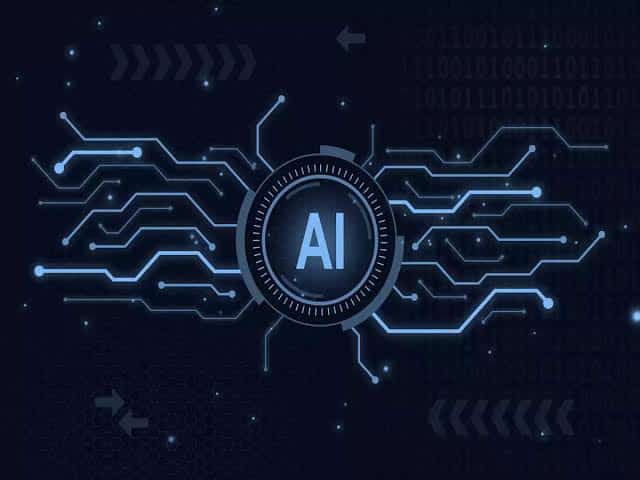A recent report by the United Nations Conference on Trade and Development (UNCTAD) reveals that artificial intelligence (AI) could impact up to 40% of jobs worldwide by the year 2033. This transformative shift is poised to reshape the global labor market, with significant implications for employment, economic structures, and productivity. In tandem with this trend, the global AI market is projected to surge to an astonishing $4.8 trillion—an amount equivalent to the size of Germany’s entire economy, making it one of the most significant economic forces of the coming decade.
According to the report, AI offers substantial opportunities for driving economic growth and fostering innovation, especially within knowledge-intensive industries such as finance, healthcare, education, and information technology. The rapid development of AI technologies has the potential to unlock new business models, enhance decision-making processes, and streamline operations across sectors.
The report also highlights the potential for AI to dramatically increase productivity, enabling economies to scale their outputs more efficiently. However, in order to fully capitalize on these benefits, UNCTAD stresses the importance of proactive investment in digital infrastructure and workforce development. Preparing workers for the evolving job landscape through reskilling, upskilling, and lifelong learning initiatives will be essential to ensure equitable access to the advantages of AI.
Crucially, UNCTAD calls for international cooperation to manage this transition in a way that promotes inclusive and sustainable development. Global collaboration, the report argues, will be vital to prevent widening digital divides and to ensure that countries at all stages of development can share in the opportunities brought about by AI innovation.
As nations navigate the challenges and promises of AI-driven change, strategic planning and inclusive policy-making will play a central role in shaping a future where technological progress benefits all.


